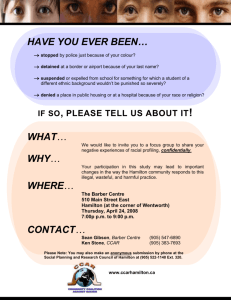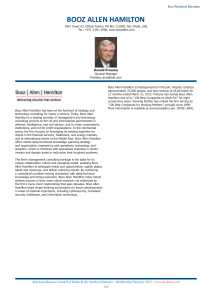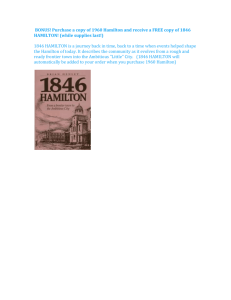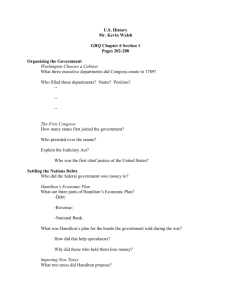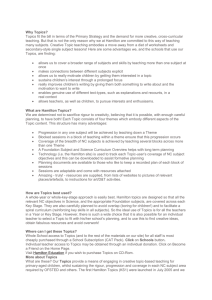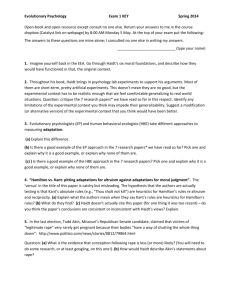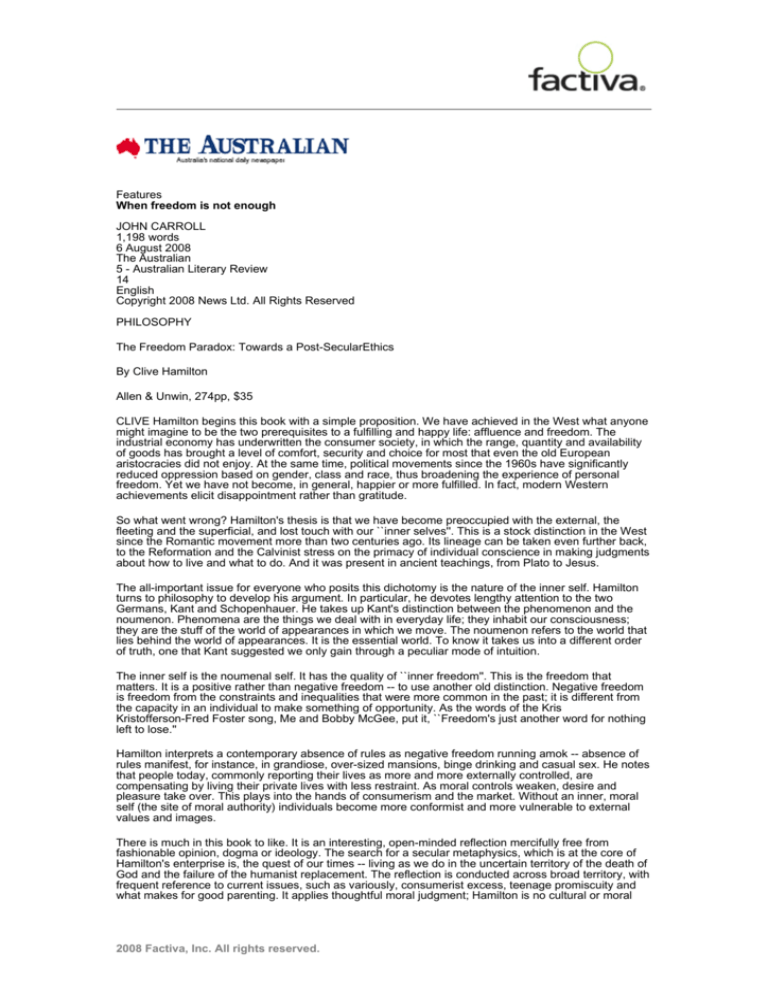
Features
When freedom is not enough
JOHN CARROLL
1,198 words
6 August 2008
The Australian
5 - Australian Literary Review
14
English
Copyright 2008 News Ltd. All Rights Reserved
PHILOSOPHY
The Freedom Paradox: Towards a Post-SecularEthics
By Clive Hamilton
Allen & Unwin, 274pp, $35
CLIVE Hamilton begins this book with a simple proposition. We have achieved in the West what anyone
might imagine to be the two prerequisites to a fulfilling and happy life: affluence and freedom. The
industrial economy has underwritten the consumer society, in which the range, quantity and availability
of goods has brought a level of comfort, security and choice for most that even the old European
aristocracies did not enjoy. At the same time, political movements since the 1960s have significantly
reduced oppression based on gender, class and race, thus broadening the experience of personal
freedom. Yet we have not become, in general, happier or more fulfilled. In fact, modern Western
achievements elicit disappointment rather than gratitude.
So what went wrong? Hamilton's thesis is that we have become preoccupied with the external, the
fleeting and the superficial, and lost touch with our ``inner selves''. This is a stock distinction in the West
since the Romantic movement more than two centuries ago. Its lineage can be taken even further back,
to the Reformation and the Calvinist stress on the primacy of individual conscience in making judgments
about how to live and what to do. And it was present in ancient teachings, from Plato to Jesus.
The all-important issue for everyone who posits this dichotomy is the nature of the inner self. Hamilton
turns to philosophy to develop his argument. In particular, he devotes lengthy attention to the two
Germans, Kant and Schopenhauer. He takes up Kant's distinction between the phenomenon and the
noumenon. Phenomena are the things we deal with in everyday life; they inhabit our consciousness;
they are the stuff of the world of appearances in which we move. The noumenon refers to the world that
lies behind the world of appearances. It is the essential world. To know it takes us into a different order
of truth, one that Kant suggested we only gain through a peculiar mode of intuition.
The inner self is the noumenal self. It has the quality of ``inner freedom''. This is the freedom that
matters. It is a positive rather than negative freedom -- to use another old distinction. Negative freedom
is freedom from the constraints and inequalities that were more common in the past; it is different from
the capacity in an individual to make something of opportunity. As the words of the Kris
Kristofferson-Fred Foster song, Me and Bobby McGee, put it, ``Freedom's just another word for nothing
left to lose.''
Hamilton interprets a contemporary absence of rules as negative freedom running amok -- absence of
rules manifest, for instance, in grandiose, over-sized mansions, binge drinking and casual sex. He notes
that people today, commonly reporting their lives as more and more externally controlled, are
compensating by living their private lives with less restraint. As moral controls weaken, desire and
pleasure take over. This plays into the hands of consumerism and the market. Without an inner, moral
self (the site of moral authority) individuals become more conformist and more vulnerable to external
values and images.
There is much in this book to like. It is an interesting, open-minded reflection mercifully free from
fashionable opinion, dogma or ideology. The search for a secular metaphysics, which is at the core of
Hamilton's enterprise is, the quest of our times -- living as we do in the uncertain territory of the death of
God and the failure of the humanist replacement. The reflection is conducted across broad territory, with
frequent reference to current issues, such as variously, consumerist excess, teenage promiscuity and
what makes for good parenting. It applies thoughtful moral judgment; Hamilton is no cultural or moral
2008 Factiva, Inc. All rights reserved.
relativist, nor is he an ultra-rationalist. And it gestures to a transcendental world beyond, if an
immanental one: ``God is to be found in the inner self.''
At the same time, I have reservations. The book is disjointed. A long section on Kant and Schopenhauer
sits awkwardly in the middle. This section is written in a style fit for a university philosophy seminar, and
will be hard going for many readers drawn to the more accessible discussion of life and meaning today.
Hamilton, in moving away from the style of his earlier books, Growth Fetish (2003) and Affluenza (2005),
has not yet found a balance between theory and concrete social interpretation.
Nor am I convinced that the pivotal terms phenomenon and noumenon are necessary. English has rich
alternatives to such obscurely abstract and heavy nouns. Indeed, the book would have worked better
with a brief development of the philosophical basis to the argument, and the exegesis scrapped.
There are some serious confusions. Where does the moral self reside? What relationship does it have
to a ``universal self'' posited by Hamilton? To me, the tradition from Aristotle to Kant via Aquinas is
clearer, and truer, with its assertion of a set of universal moral laws beyond the individual, which are
known intuitively through conscience. Morality is one of the constituent parts of being human. But
whether it is a vital component of a noumenal inner self is less obvious. Morals and metaphysics belong
to separate spheres. This confusion leads Hamilton into some tortuous discussion. He raises the subject
of bestiality, querying whether it is immoral. He then struggles to find an argument that it is. He
concludes it is so because it ``violates the essence of the species''. I would rather suggest that bestiality
disgusts us because it reduces the human to the most profane level of the ``animal''. It violates the
sacred essence of being a living human being. As such, our human revulsion is rooted in metaphysics
rather than morals.
There are problems, too, with orbiting the human condition totally around the inner self. Hamilton asserts
there is no moral basis for the desire for revenge. Here he is at odds with common sense. After terrible
crime there is the profound sense among those who are close -- whether family or community -- that the
right order of things has been violated and that there can be no resolution until there has been fitting
retribution. That ``right order'' is bigger than the individuals involved; it somehow encompasses them.
Things have to be put right. Revenge, channelled through just institutions, is a necessary means for any
community to return to its proper life.
Then there are sections in this book that I particularly liked. For instance, a late section on aesthetics
argues that myths, like great art, ``help us recognise the elemental forces of the noumenon and
integrate them into our lives''. Great paintings are a way of seeing straight into the true nature of the
thing. Hamilton nicely compares the selflessness with which parents see the beauty of their baby, their
vision uncluttered by teeming thoughts, vanities and petty daily preoccupation.
Given, as he claims, that the churches and social democracy are defeated, what do we have left to
guide us? What we have is what we have always had, since the beginning: the great mythic stories that
undergird our culture.
AUS-20080806-5-014-795452
Document AUSTLN0020080805e4860004p
2008 Factiva, Inc. All rights reserved.


